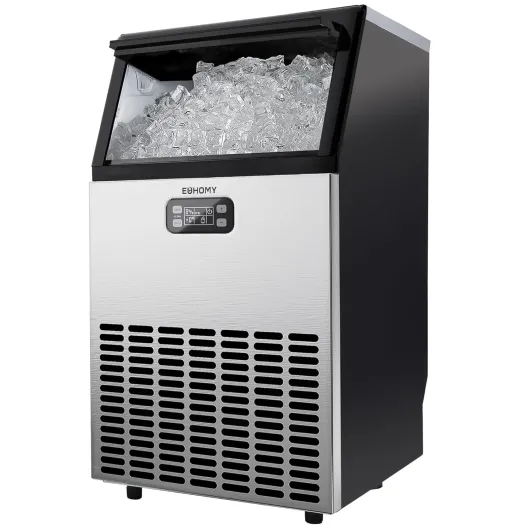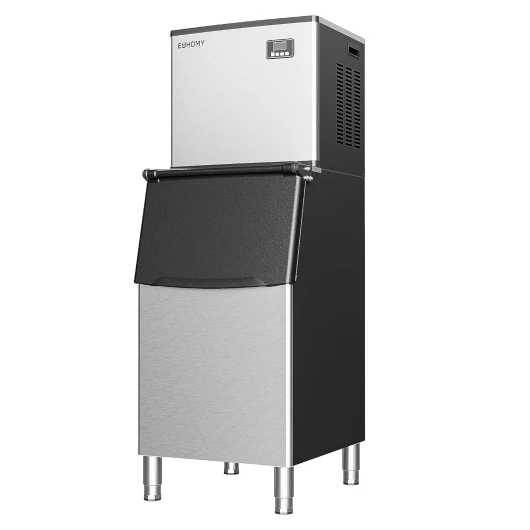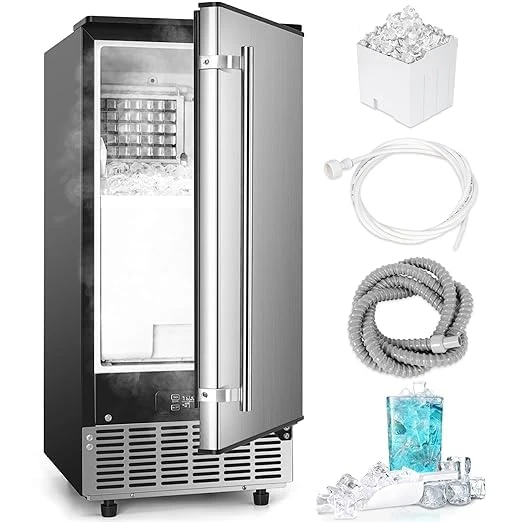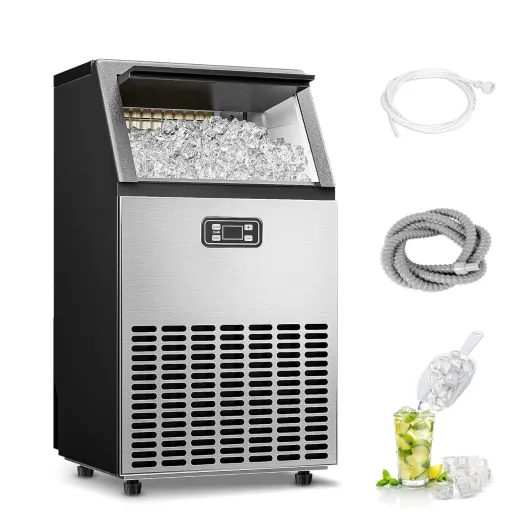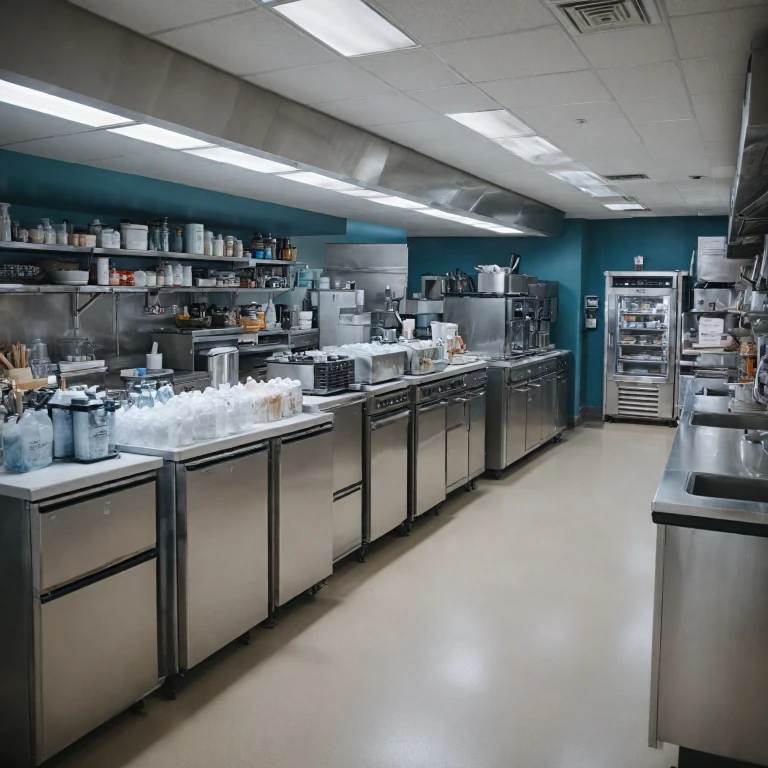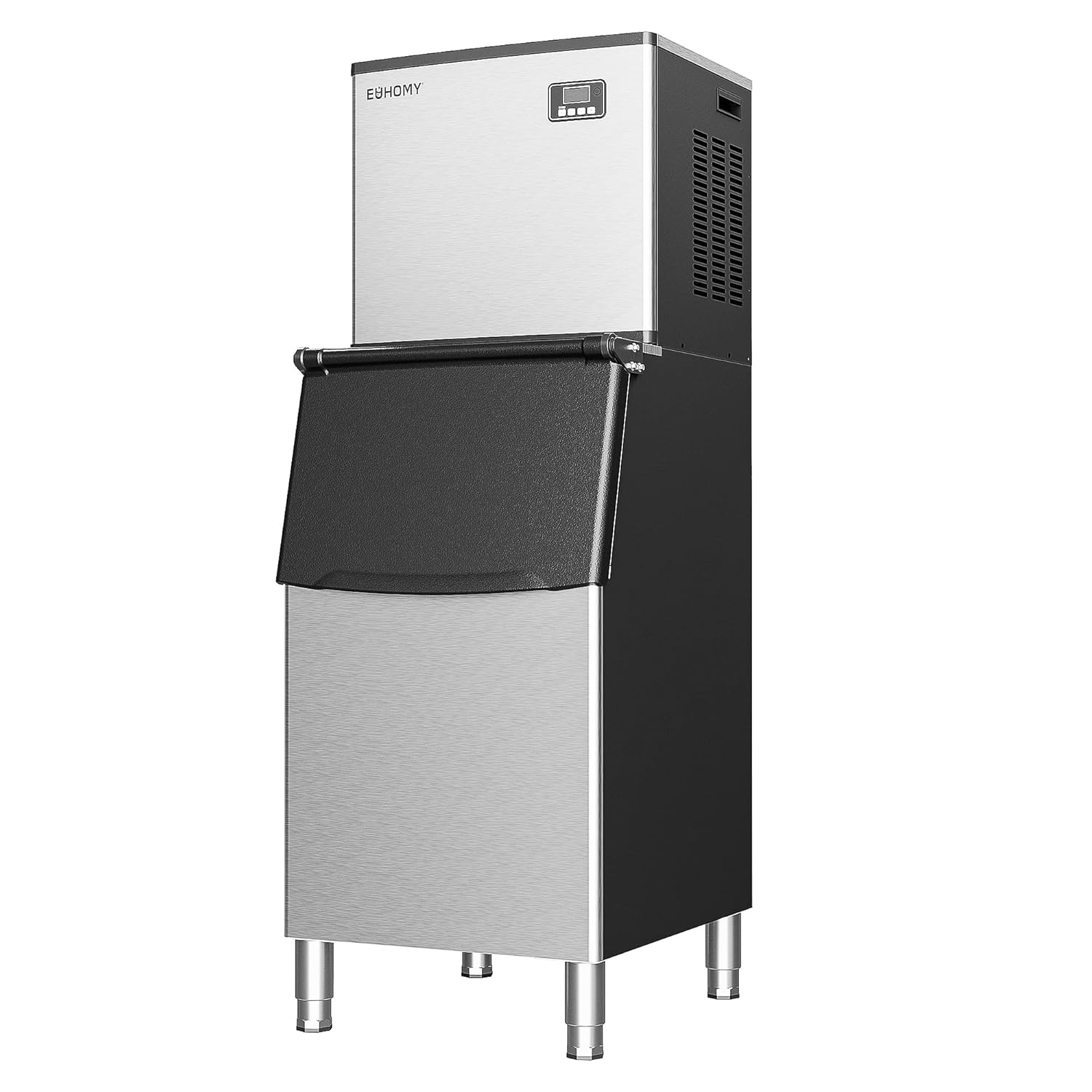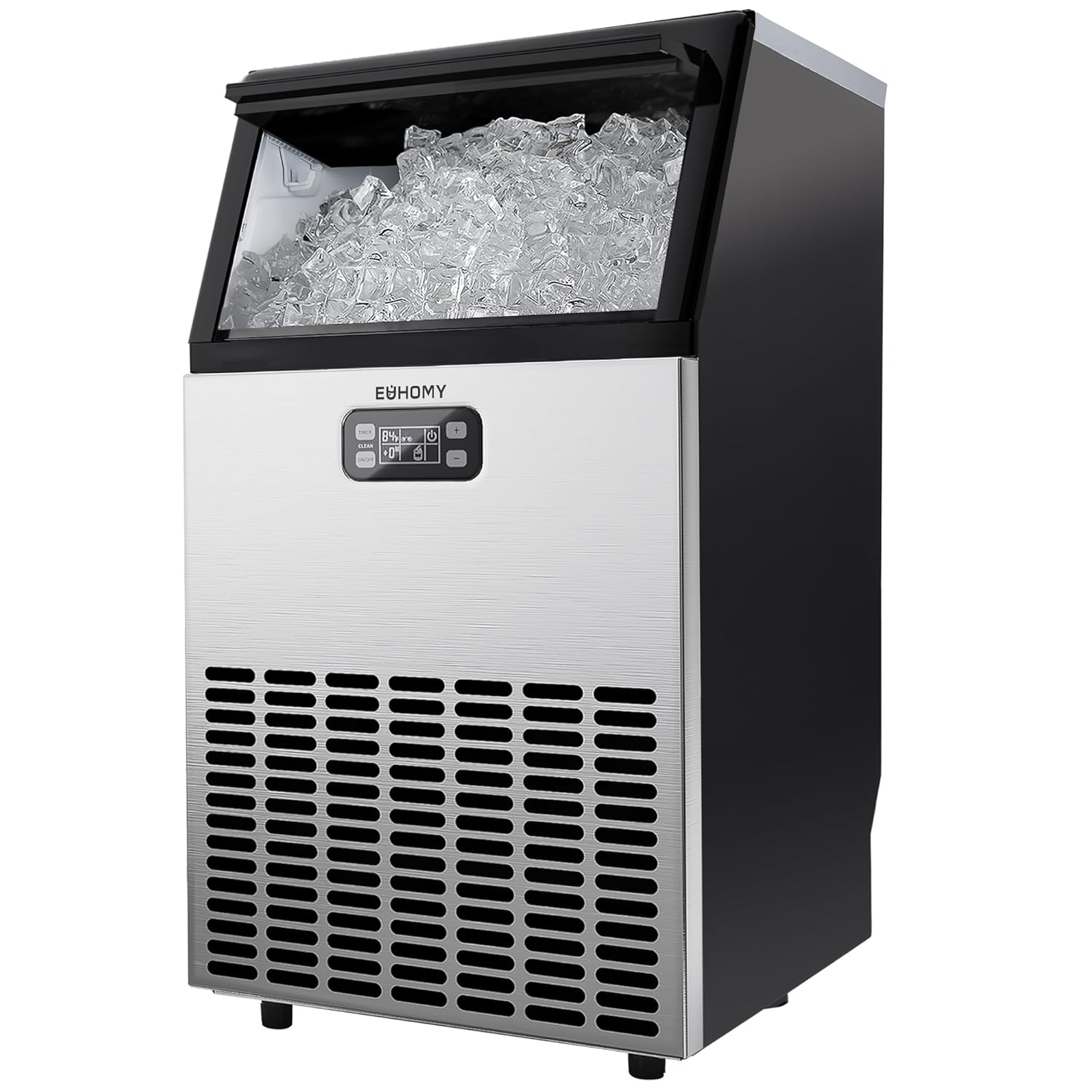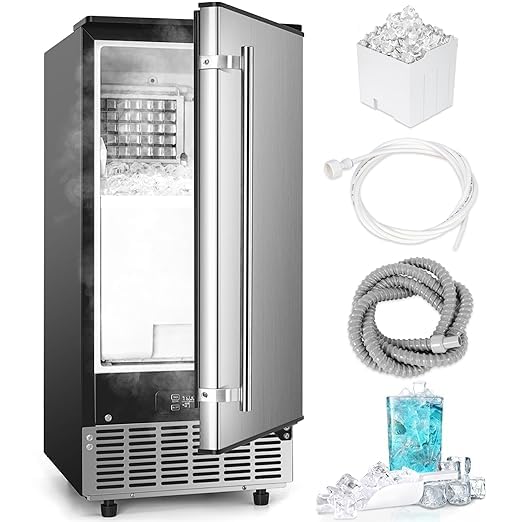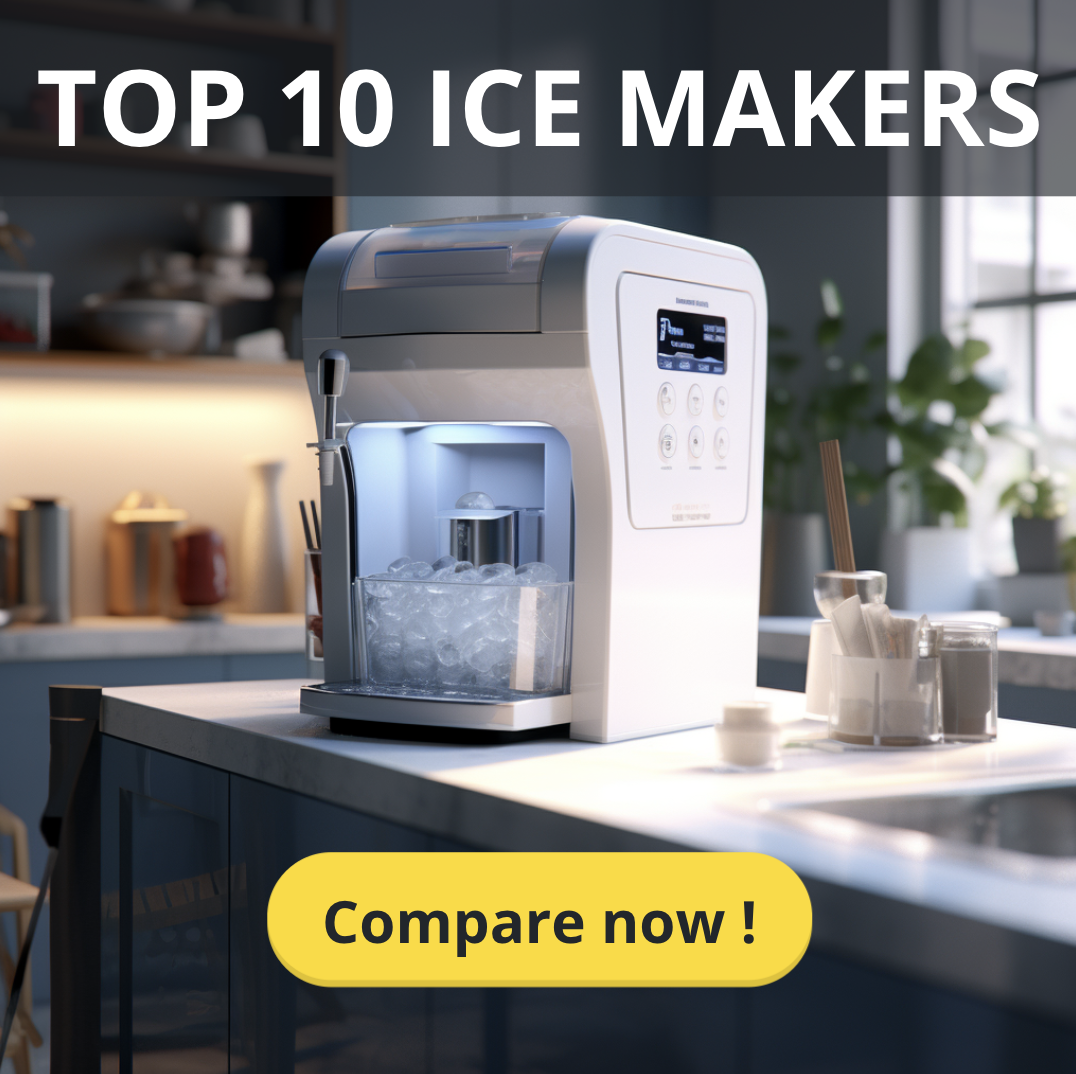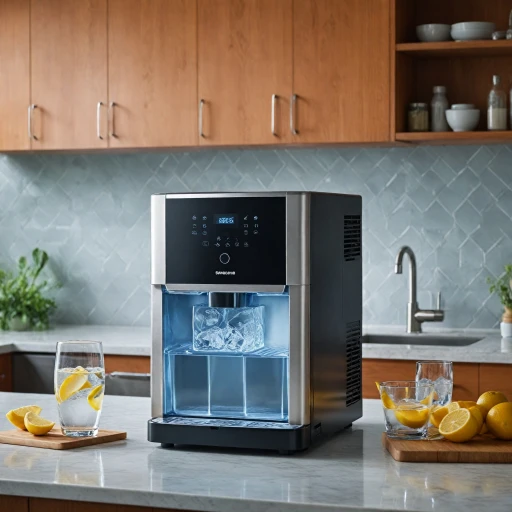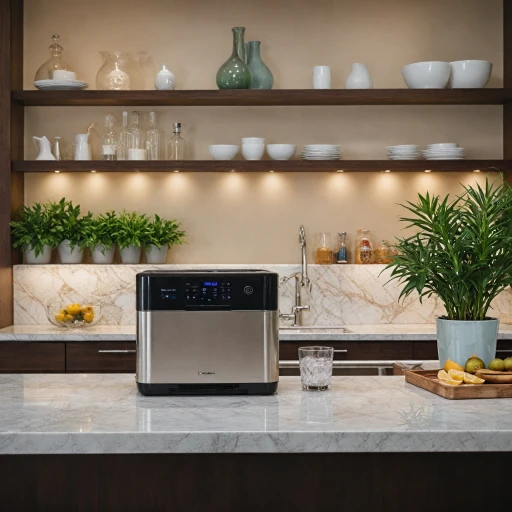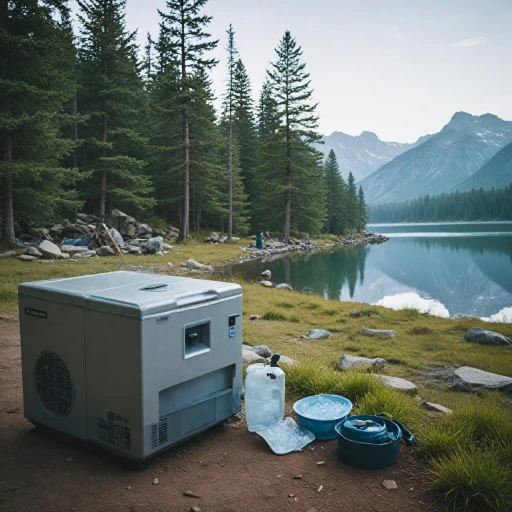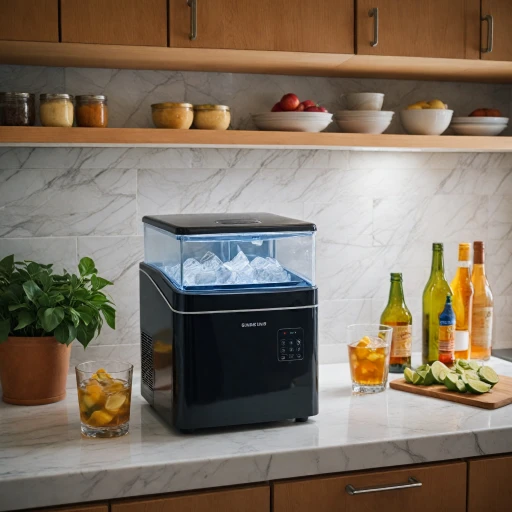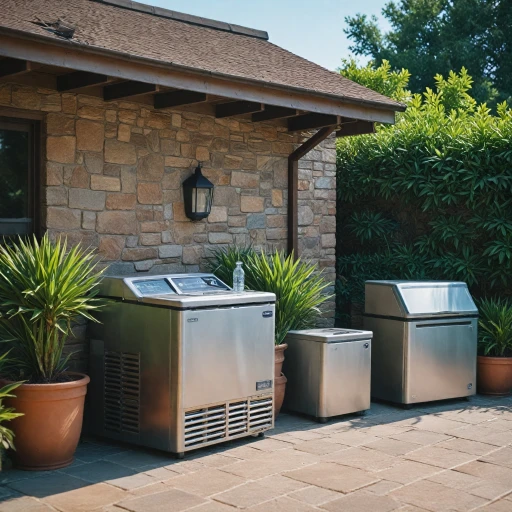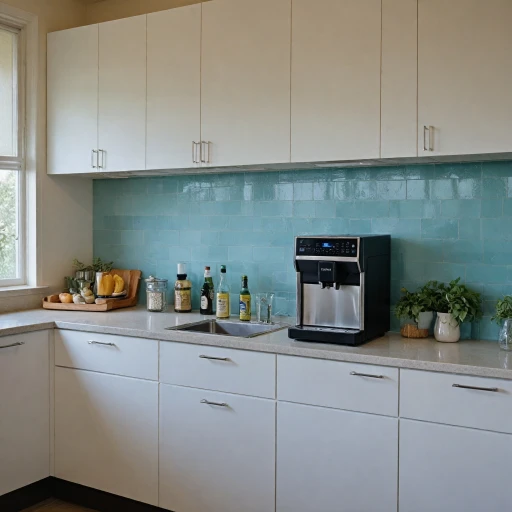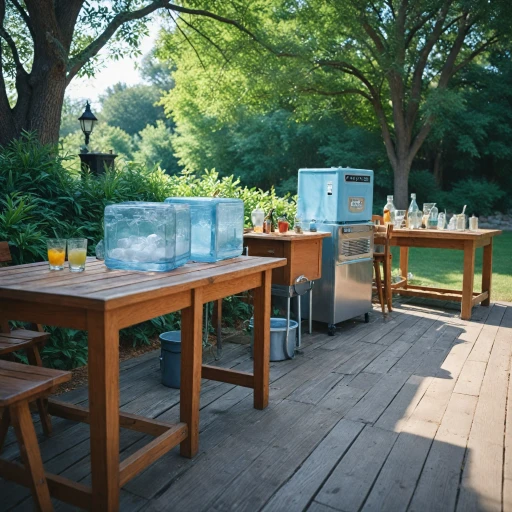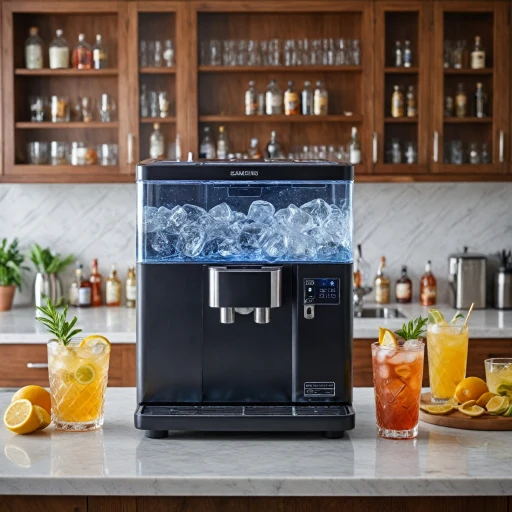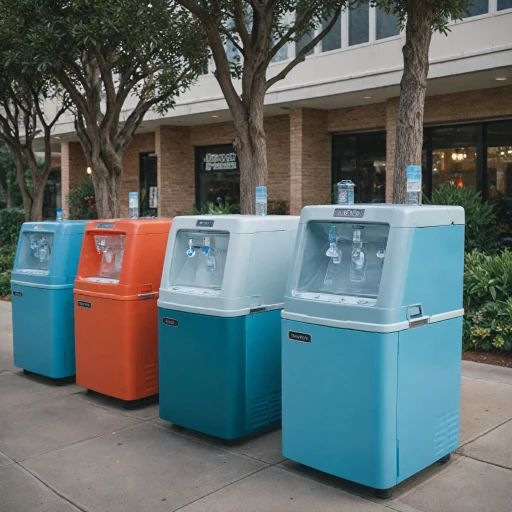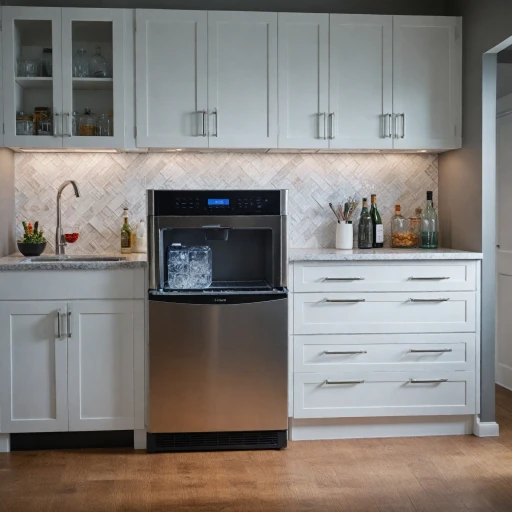
Understanding Your Ice Production Needs
Assess Your Ice Production Requirements
In the journey of selecting commercial ice machines for your business, it's crucial to start by understanding your specific ice production needs. This involves evaluating the type of ice that's best suited for your operations, whether it's cube ice, flake ice, half cube, or nugget ice. Each of these has distinct applications; for instance, cube ice is often desired in high-end bars and restaurants thanks to its slow melting properties, while flake ice is optimal for food preservation and presentation.
Another key consideration is your daily ice demands. Begin by estimating the amount of ice your business uses on a daily basis. This figure will help you determine the ice maker's production capacity you should look for as well as the size of the built storage bin. Keep in mind, an appropriately-sized storage bin ensures there's always enough ice ready when peak demand strikes.
In addition, understand the operational environment of your location, as this will influence whether an air cooled or water cooled condenser is suitable. For a venue with sufficient airflow and space, air cooling machines are generally preferred, as they're more energy-efficient. However, in spaces where ambient temperatures are higher and ventilation is limited, a water cooled option might be necessary.
Each of these elements plays a foundational role in guiding you to the right choice. As you move forward, you'll need to compare various options and suppliers. Remember to consider choosing the right outdoor ice dispenser for your business for different environments, which can further influence your decision.
Types of Commercial Ice Machines
Exploring Various Ice Machines
Choosing the best type of commercial ice machine involves understanding the different varieties available to suit your business needs. Here’s a summary to help you navigate through the options:- Cubed Ice Machines: These are popular in many food and beverage settings due to their ice cube versatility—from full cubes to half cube options—which melt slowly and are ideal for drinks.
- Nugget Ice Makers: Well-loved in healthcare and certain consumer applications for their chewable texture, nugget ice is both efficient to produce and easy to store.
- Flake Ice Makers: Perfect for food displays, flake ice molds easily into shapes and cools evenly without freezing the goods, making it ideal for seafood storage.
- Undercounter Ice Machines: These are great for smaller venues or for supplementary ice needs as they can be conveniently placed under a counter and combine both an ice maker and a storage bin in a compact design.
Key Features to Consider
Important Features for Optimal Ice Machine Performance
When selecting a commercial ice maker, it's crucial to identify the key features that align with your business needs. These considerations will ensure that you choose an ice machine that efficiently meets your demands and operates smoothly.- Ice type: Ice makers can produce different types of ice such as cube ice, nugget ice, and flake ice. The choice depends on your industry needs—restaurants might prefer cube ice, while healthcare facilities often opt for nugget ice.
- Cooling system: Choose between air cooled and water cooled machines. Air cooled machines are generally more energy-efficient and easier to install, while water cooled systems can be advantageous in environments with high temperatures.
- Condenser type: Hoshizaki and other reputable brands offer different condenser types. Evaluate your space and environmental considerations to decide whether a self-contained or remote condenser is best.
- Storage bin capacity: Analyze your ice production needs and ensure the storage bin can handle the volume of ice required. Consider the built-in storage in undercounter models for space efficiency.
- Energy efficiency: Look for machines with high energy stars rating. Efficient ice machines can significantly reduce operational costs over time.
- Durability and warranty: Check the machine's build quality and the warranty offered. A well-built ice maker with a robust warranty can save you from unexpected expenses in the long run.
- Ease of maintenance: Opt for machines that are easy to clean and maintain. This can extend the lifespan of your ice maker and ensure consistent ice production.
- Additional features: Some models offer special features such as smart diagnostics and automatic cleaning. Compare the added features to determine their value for your business operations.
Space and Installation Considerations
Evaluating Space and Installation Requirements
When selecting the ideal commercial ice maker for your business, it's important to consider the space and installation needs. Understanding these requirements will ensure that your ice machine operates efficiently and integrates seamlessly into your establishment.
Space Allocation
First, assess the space available for the ice machine. Consider the size and layout of the area where the machine will be installed. Whether it's a large commercial kitchen or a small cafe, knowing the dimensions helps you choose the right type of machine, such as undercounter ice makers or larger standalone units. Both space utilization and capacity needs play critical roles in this decision.
Ventilation Needs
The cooling method of the ice machine impacts the space consideration significantly. Are you opting for an air-cooled or water-cooled condenser? Air cooled machines require adequate ventilation to function properly, potentially affecting the placement of the machine. In tight spaces, water-cooled options may be more suitable as they don’t rely on ambient air for cooling.
Water and Drain Connections
Proper plumbing connections are necessary for both water supply and waste drainage. Ensure your installation area can accommodate the necessary piping and check if you need any additional plumbing work done. Misaligned water connections can interfere with the machine’s efficiency and ice production rates.
Electrical Requirements
Each ice machine comes with its own electrical specifications. Verify that your installation site meets these requirements to avoid any power-related issues that might hinder ice production. Confirm with the supplier if any special wiring or circuit configurations are needed.
Storage Solutions
Don't overlook the storage bin capacity when considering installation. Whether you need a built-in storage or separate bin, ensure it fits within your allocated space and meets your ice storage demands. Look for features like high capacity bins if your business requires frequent and large ice output.
Balancing these considerations will lead you to the best commercial ice machine for your business, supporting seamless operations and optimal ice production. This attention to detail not only ensures a strategic investment but also enhances your operational efficiency.
Budgeting and Cost Analysis
Evaluating Financial Aspects and Investment Returns
When selecting the ideal ice machine for your business, budgeting and cost analysis are critical elements to consider. Ice machines can vary significantly in price, and understanding how different models align with your financial resources will influence your decision.
To start, you need to decide whether you prefer air-cooled or water-cooled machines, as their operational costs differ. Generally, air-cooled ice machines are more energy-efficient and cost-effective in terms of operational expenses, though their performance might be impacted in higher temperature environments. Conversely, water-cooled units ensure reliable ice production in environments where air conditioning is sub-optimal, albeit with potentially higher water bills.
- Consider the initial cost of the ice maker, comparing between brands like Hoshizaki and others.
- Factor in potential savings from energy-efficient models to offset upfront expenses.
- Calculate estimates for ongoing operational costs, including water and electricity usage.
- Assess the storage bin size; a larger bin might reduce the need for frequent production cycles.
Additionally, understanding the commercial ice maker's warranty and service offerings is vital. Some machines come with extended warranties or complimentary maintenance services, which can significantly impact your total cost of ownership. This plays into the long-term financial planning, as lower maintenance demands can result in significant savings over the lifecycle of the machine.
When planning your budget, don’t forget to include installation costs and any necessary modifications in your premises to accommodate the new equipment. Undercounter ice makers might require a different setup compared to standalone units or those housed with free shipping options.
In summary, a detailed budget and cost analysis will not only help in selecting the best-suited commercial ice machine but also in planning the financial effectiveness of your investment over time, ensuring you achieve high returns and operational efficiency.
Maintenance and Longevity
Preserving Performance Through Proper Maintenance
Regular maintenance of your commercial ice machine can significantly extend its lifespan and ensure consistent ice production. Whether your operation relies on flake ice, half cube, or nugget ice, a well-maintained machine operates more efficiently, saving both time and money in the long run.
- Routine Cleaning: Regular cleaning of the machine and its components is crucial. Ensure the ice maker's condenser, whether water or air cooled, is kept clear of dust and debris. This helps maintain optimal performance and energy efficiency.
- Inspect the Storage Bin: Regularly check the machine's storage bin for any signs of mold or mildew. Maintain cleanliness to prevent any bacteria growth, preserving the quality of the cube ice or half cube your machine produces.
- Check Water Filters: Change the water filters periodically to ensure that the ice machine produces the best possible ice, free from impurities.
- Professional Servicing: It is recommended to schedule professional maintenance at least twice a year. This ensures all parts, especially in more complex machines such as Hoshizaki ice makers, are functioning correctly and efficiently.
Evaluating Energy Efficiency for Longevity
When choosing the best commercial ice machine for your business, consider models with high energy efficiency. Machines that are energy efficient not only reduce utility costs but also endure less stress on components, extending their operating life.
Compare different types of ice makers such as undercounter ice machines with built storage capabilities to find the best match for your business needs. Models that offer free shipping and come highly rated with four or five stars are often a reliable choice, though it’s essential to review specifications that align with your specific ice production requirements.
Balancing Cost and Durability
Balancing initial cost with long-term durability is crucial. While a more affordable machine might be tempting, investing in a quality commercial ice maker with strong durability often proves more cost-effective over time. Consider factors such as the type of condenser and the machine's user reviews to gauge long-term reliability.

